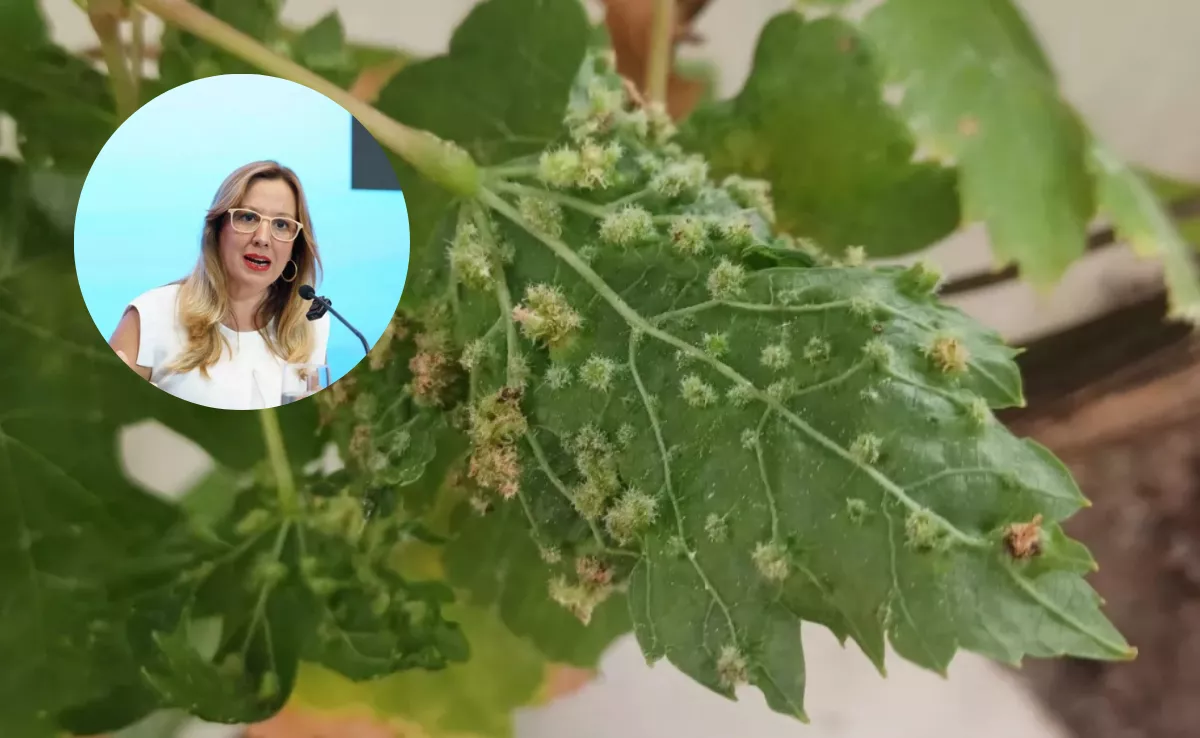Extraordinary Plenary Session Held by Tenerife Cabildo on Phylloxera Measures

Overview of the Situation
The Tenerife Cabildo held an extraordinary plenary session on Friday at the request of the Socialist Group. The meeting provided an update on the measures already taken and those planned by the island’s institution to combat phylloxera. President Rosa Dávila warned that the extent of the problem remains unknown. She noted the situation could be in its early stages and highlighted the lack of studies in the Canary Islands regarding its potential spread. “We are facing a plague whose impact we do not yet understand, neither within Tenerife nor across the entire Canary Islands,” she expressed. Recent analysis has detected the pest in vines but not in the roots, which is considered significant.
Latest Data
To date, 2,901 technical surveys have been conducted across 29 municipalities, revealing 60 positive cases. “Most cases are associated with a single plant, although in a few instances, there may be two or three. These outbreaks have been treated and are under technical control.” Dávila expressed gratitude for the collaboration between the Cabildo, local councils, the Government of the Canary Islands, and the Spanish Government, emphasising the unity requested by the sector. She cited the swift decision-making process, noting that on July 30, the pest was identified, confirmed positive on August 12, and just a week later, on August 22, the Canary Executive issued an order with measures to curb its spread.
Significant Measures
The President also highlighted an order from the Ministry of Agriculture banning the import and transit of seed grapes to the Canary Islands, except from pest-free countries and under inspection. Over 20 meetings have been held at all levels, with particular appreciation for the role of the Civil Guard and Seprona in monitoring the movement of plant materials and grapes during the harvest season.
Actions Taken
Among the actions implemented by the Cabildo, Dávila pointed out the deployment of over 55 field agents, the reinforcement of surveys, and technical meetings. Additionally, a Wine Table has been established, featuring weekly technical discussions. Informational talks and workshops with viticulturists have been organised to disseminate educational materials. The President emphasised the creation of a Scientific Technical Advisory Committee for the Canary Islands and mentioned that external reports have been requested from countries where phylloxera coexists with unaffected vineyards, such as Australia. The aim is to tailor decisions in the wine sector in conjunction with the Government of the Canary Islands.
Strengthening Measures
Regarding the effectiveness of the 1987 Order, which establishes protective measures against the introduction of harmful organisms, Dávila confirmed the crucial role of the Spanish Government. She noted that requests have been made to reinforce border controls as well as inter-island inspections. There is also a regional agreement to urge the Government delegate to increase the presence of the Civil Guard at ports and airports. Furthermore, there has been a call for additional resources from the State to enhance inspections and support the sector during the harvest if affected.















